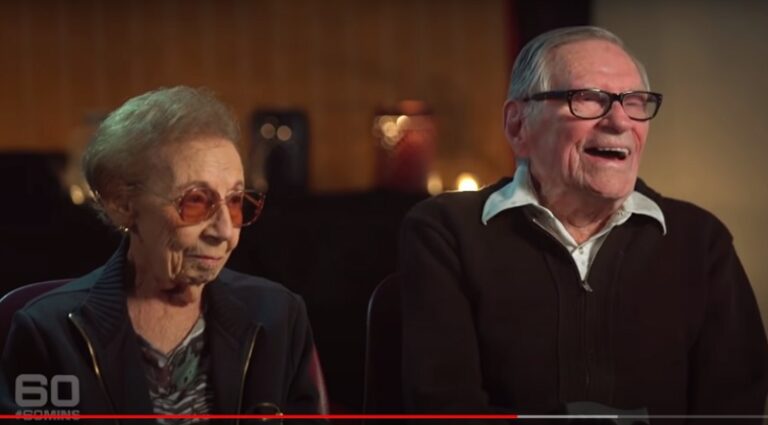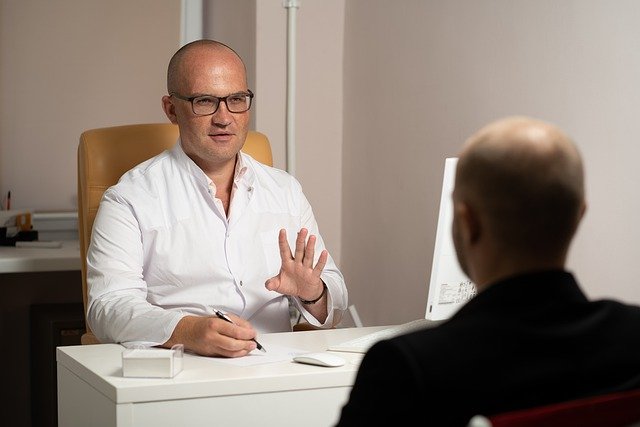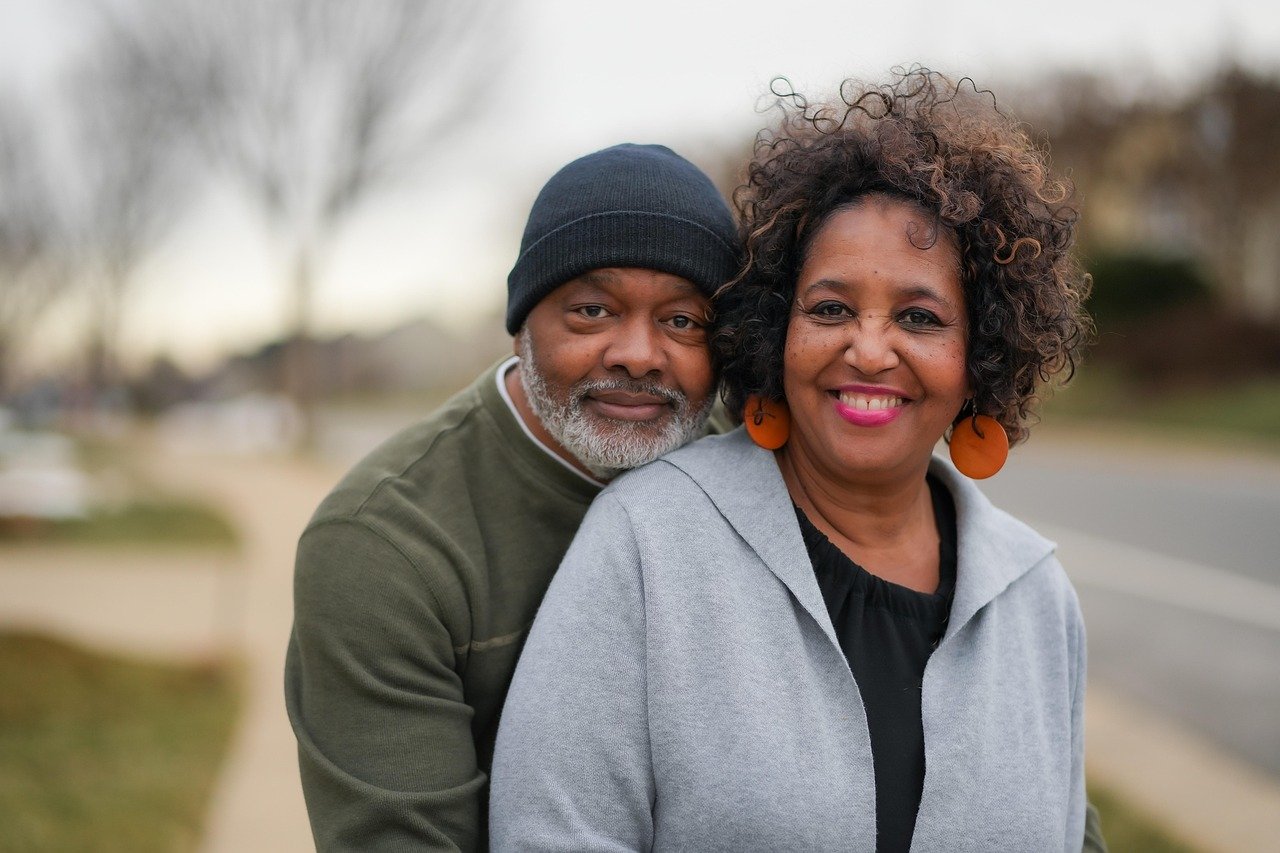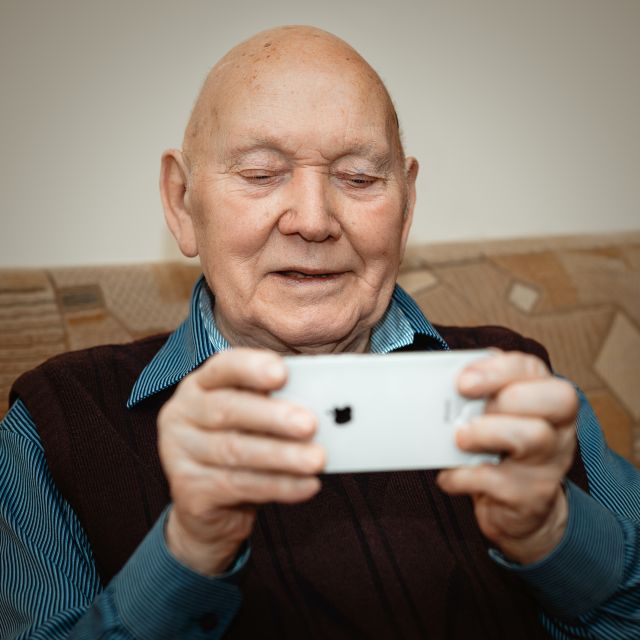
Ketones Clear Alzheimer’s Protein, Improve Brain Function
Ketones are a backup source of energy for neurons. Now, exciting research reveals bigger news: Ketone esters help clear misfolded proteins in animal models of aging and Alzheimer’s.

Ketones are a backup source of energy for neurons. Now, exciting research reveals bigger news: Ketone esters help clear misfolded proteins in animal models of aging and Alzheimer’s.

VIDEO + ARTICLE: Even in dementia, the power of music speaks to our souls. Watch how this power made a news anchor cry. Learn about new research that shows this to be always true.

Does lack of sleep lead to Alzheimer’s? Sleep scientist Matt Walker explains the relationship between the two. See how researchers want to use sleep to decrease our chances of developing this condition.

In an Alzheimer’s study, insulin delivered high up in the nasal cavity achieved lasting results in improving memory. Find out why Dr. W. Banks calls this “one of those studies where everything is coming together.”

Why are some of the new anti-Alzheimer’s antibodies better than others? With the FDA’s approval of Lecanemab and Donanemab, it’s worth staying on top of this topic’s latest research.

New Alzheimer’s drugs clear brain plaque made of amyloid-beta. 9 years ago, researchers discovered another Alzheimer’s culprit called amyloid-ETA. Now, they’ve possibly figured out how it works. Learn how balancing these two suspects may hold the key to success in current clinical trials.

How do the new drugs Leqembi and Kisunla fight Alzheimer’s? Surprisingly, increases in amyloid-beta protein levels can explain the slowing of Alzheimer’s at least as well as the reduction in amyloid plaques.

DIET VIDEO: What is the link between weight loss, mental performance, decision-making and dementia risk?

Is amyloid-beta plaque behind Alzheimer’s? A famous study proved “Yes”. Then news broke proving the study a fraud. Yet today’s best, newest Alzheimer’s drugs work by fighting plaque. Did fabricated scientific results accidentally set us on the path to a breakthrough?

In the hunt to cure dementia, a special elderly group seem to hold the key.

New early-onset Alzheimer’s data show that lecanemab can slow functional decline—even while tau continues to spread in the brain. The research helps explain how amyloid-lowering treatments may still preserve daily life, despite the disease’s complexity.

People with dementia who were consistently seen by the same General Practitioner (GP) are given fewer medicines and are less likely to be given medicines that can cause problems, according to researchers at University of Exeter. Learn more.

Amyloid is one of the leading culprits behind Alzheimer’s. Scientists know it damages memory by killing brain cells. Now research reveals how amyloid triggers memory loss in perfectly healthy brain cells as well. Learn more about how Alzheimer’s develops.

Dietary iron is an essential element in the brain. That’s why it is critical to understand how it affects Alzheimer’s. Researchers used advanced X-ray techniques to take a giant step forward in understanding iron chemistry in amyloid plaque, the main culprit behind Alzheimer’s. Learn more about their exciting new insights.

A deep promise to be there for an Alzheimer’s parent, this heartwarming song was written as a tribute to families facing dementia.

EMERGENCIES due to falling happen 54% more often in dementia. As a rule, 1-in-3 adults over 65 fall each year. Most falls happen at home. Make a few simple changes and prevent falls.

Researchers find education and intellectual stimulation appear to activate a genetic program in the brain that promotes resistance to cognitive decline. Find out more.
No spam, only news and updates.


